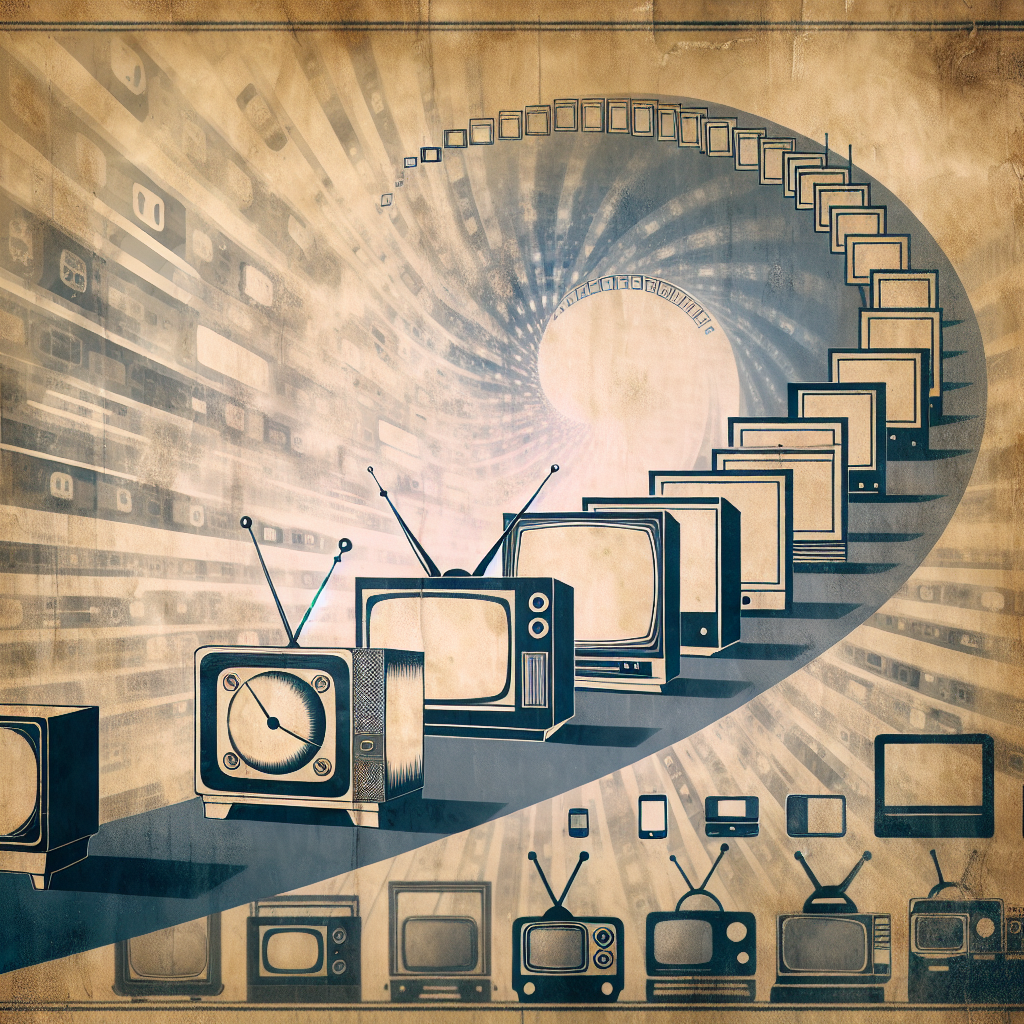Television consumption has come a long way since the days of cable TV. With the rise of the internet and streaming services, viewers now have more options than ever when it comes to watching their favorite shows and movies. One of the biggest changes in television consumption has been the shift from traditional cable TV to IPTV (Internet Protocol Television).
Cable TV, which has been around for decades, involves the transmission of television programming through cables laid underground or on utility poles. Viewers typically pay a monthly subscription fee to access a wide range of channels, including popular networks like ABC, NBC, and CNN. However, cable TV has its limitations, such as limited channel offerings, fixed schedules, and high costs.
In contrast, IPTV delivers television programming over the internet using Internet Protocol (IP) technology. This allows viewers to stream content on their smart TVs, computers, smartphones, and other devices. IPTV services offer a more flexible viewing experience, with features like on-demand content, time-shifted programming, and personalized recommendations.
One of the key advantages of IPTV is its ability to offer a wider range of channels and content options compared to cable TV. Viewers can access international channels, niche programming, and exclusive content that may not be available through traditional cable providers. IPTV also allows for interactive features like video-on-demand (VOD), cloud DVR, and multi-screen viewing.
Another benefit of IPTV is its cost-effectiveness. Many IPTV services offer subscription plans at a fraction of the cost of traditional cable TV packages. This makes it an attractive option for budget-conscious viewers who still want access to a wide variety of channels and content.
Furthermore, IPTV provides a more personalized viewing experience. Viewers can create custom playlists, set reminders for their favorite shows, and receive recommendations based on their viewing habits. This level of customization and convenience is a major draw for consumers looking to take control of their television viewing experience.
In conclusion, the evolution of television consumption from cable to IPTV has revolutionized the way we watch TV. With its wide range of channels, on-demand content, and personalized features, IPTV offers a more flexible and cost-effective alternative to traditional cable TV. As technology continues to advance, we can expect even more innovations in the way we consume television content in the future.


Leave a Reply